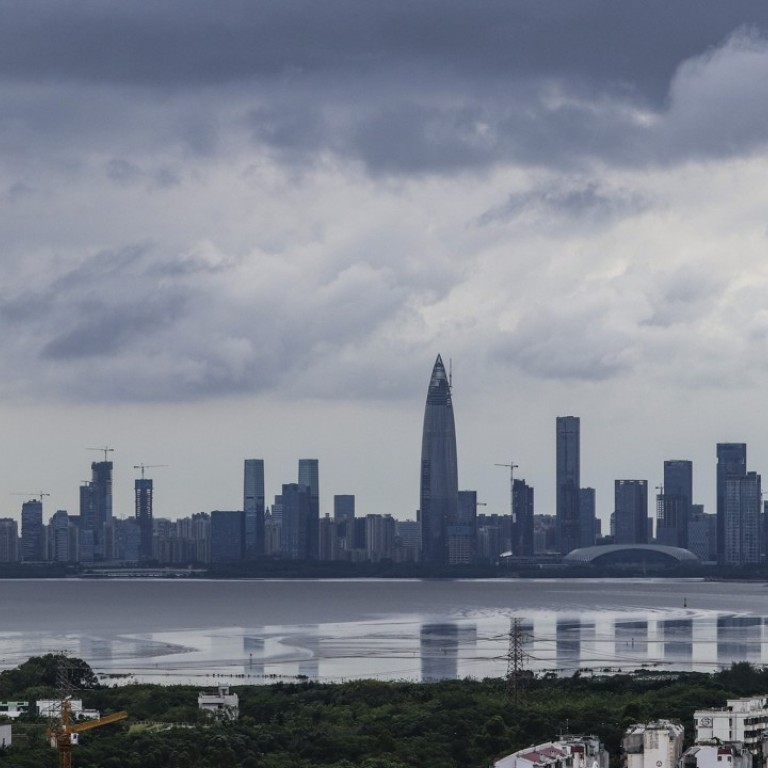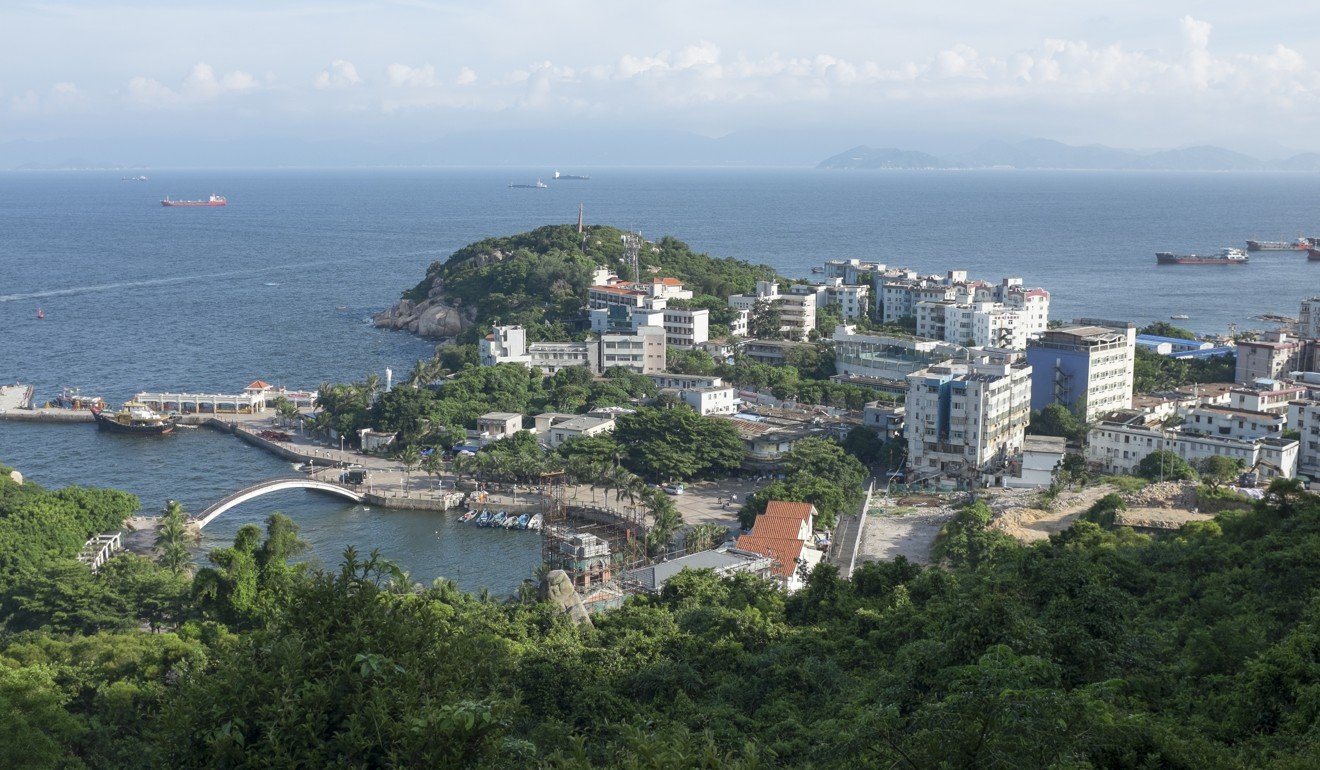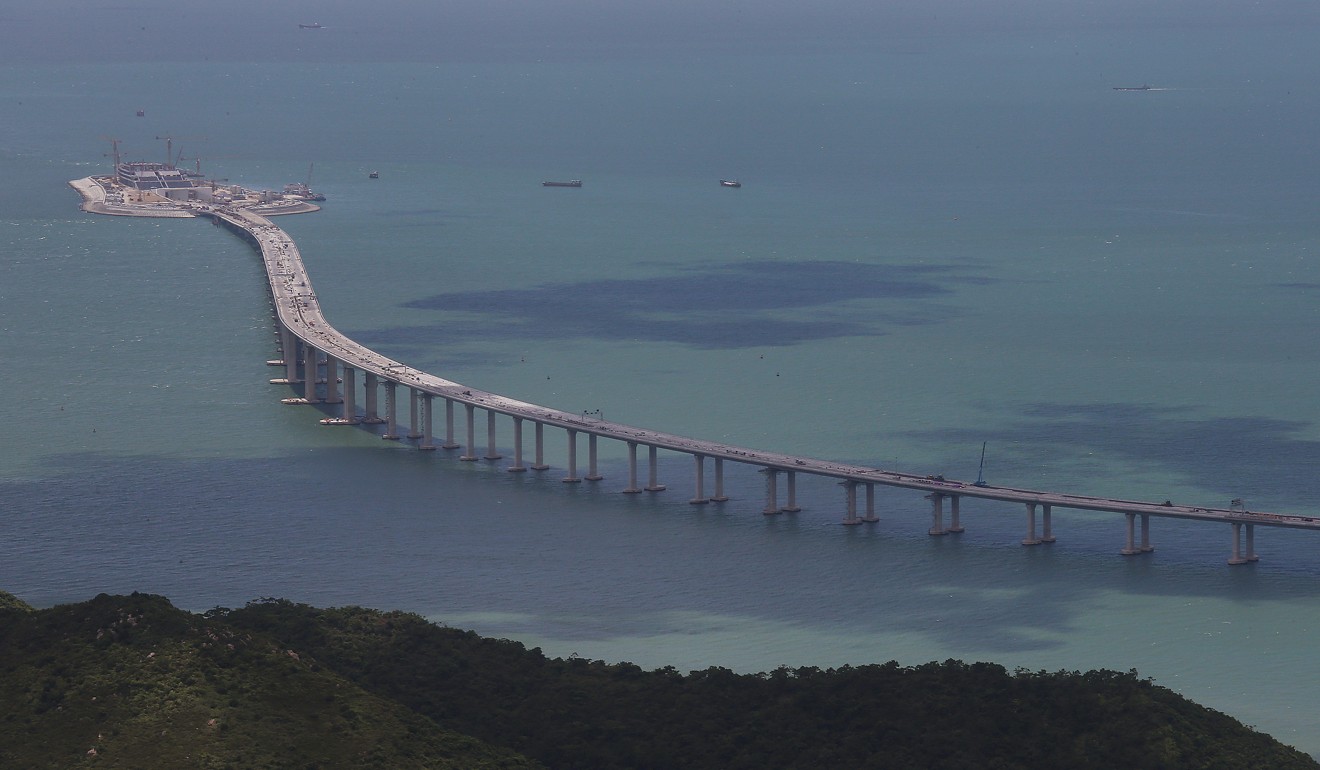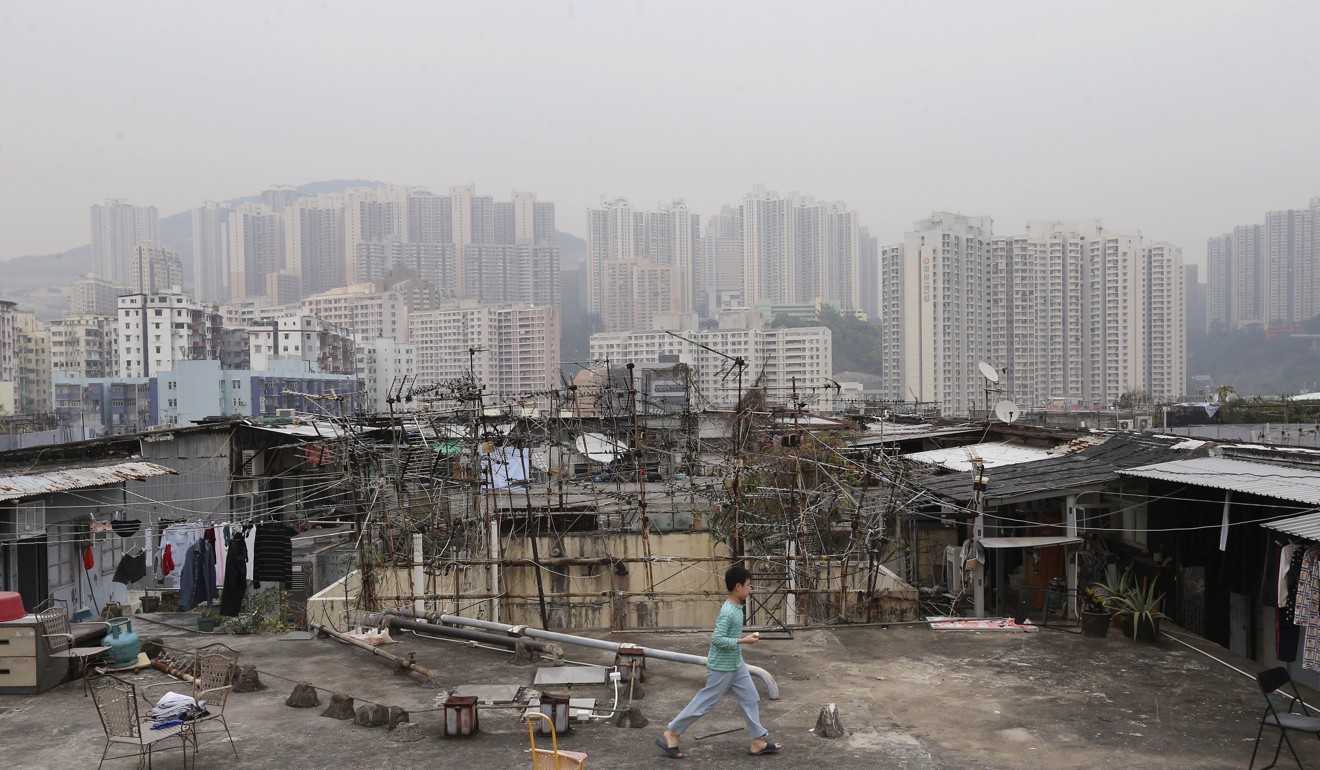
Guangdong officials endorse proposal to set up so-called Hong Kong towns on mainland China
Officials in the province highlight Macau’s lease of mainland plot as example to follow – although they say more time was needed to study feasibility having neighbourhoods filled with Hongkongers in mainland cities
Guangdong authorities have welcomed a proposal to transplant Hongkongers to new towns in China’s Greater Bay Area project, highlighting Macau’s lease of a mainland plot for its new university campus as a model to follow.
She is expected to attend a meeting of the State Council, China’s cabinet, to discuss Beijing’s ambitious project to integrate nine mainland cities, Hong Kong and Macau into a financial and economic powerhouse.
Why Zhuhai and other Greater Bay Area cities are no Connecticut to Hongkongers
In a statement seen by the Post, Guangdong’s housing and urban-rural development department cited Macau’s rental of part of Hengqin Island in Zhuhai as “a great innovation under the implementation of ‘one country, two systems’”, referring to the model by which China governs its two special administrative regions.

The island is just 200 metres away from the casino city. About 1.09 sq km of it has been leased for a total of 1.2 billion patacas (US$1.48 million) for 40 years for a new University of Macau campus, and it comes under the Macau government’s jurisdiction.
Should Macau want to renew the lease when it is up in 2049, China’s top legislative body, the National People’s Congress Standing Committee, will have to give its approval.
Former minister pushes for mainland transport subsidies for Hongkongers
But even as the department praised the Democratic Alliance for the Betterment and Progress of Hong Kong’s (DAB) plan, it cautioned it would need more time to study the “operational aspects” of having neighbourhoods filled with Hongkongers in mainland cities.
“In the next step of constructing the Greater Bay Area, we would consider the housing needs of different groups and solve housing problems of those including Hong Kong people who come to work and live in the mainland,” its statement said.
DAB lawmaker Leung Che-cheung, a member of China’s top political advisory body, described Guangdong government’s reply as “positive” and urged Hong Kong to act on it.
“Both leasing or buying land from mainland cities could work. The government should take the lead and build subsidised housing there,” the Chinese People’s Political Consultative Conference member said.
DAB chairwoman Starry Lee Wai-king said setting up Hong Kong towns on the mainland was a “win-win situation”. Mainland Chinese cities would be able to attract more talent, and with the megabridge connecting Hong Kong to Macau and the mainland expected to open this year, people who lived in Zhuhai and Zhongshan would be within one hour of Hong Kong, she said.
Hong Kong can take its cue from the Greater Bay Area’s hi-tech successes
This would make commuting convenient for both retired seniors and working adults, she added.
The chief of the city’s largest opposition party Wu Chi-wai said the idea was practical, but it was “politically problematic”. He asked if the arrangement would lead to the mainland asking to lease parts of Hong Kong in future.

His Democratic Party colleague Andrew Wan Siu-kin added he was disgusted at the thought of poor and low-income families being forced out of the city into a remote region. But the idea was worth considering if the mainland area was close enough to the city, he conceded.
The hidden pockets of squalid housing in backyard of Hong Kong’s wealthy
Stanley Wong Yuen-fai, chairman of the Housing Authority, the main provider of public housing in Hong Kong, said a similar idea was raised a decade ago but it was never popular among locals waiting for public housing. Already, families were reluctant to move to the outskirts of the city like Tung Chung and Tuen Mun.
“What are the job opportunities? How much is the transport fare? Who manages the estate?” he said, adding these were questions that needed to be addressed.
Housewife Lin Xiaohong, who has been waiting for public rental housing for a year, said she was worried her disabled husband – who now works as a cleaner earning HK$8,000 (US$1,020) a month – would not be able to find a job if they lived across the border.
The 47-year-old has a daughter in primary school and the family lives in an illegal shack on the roof of a building in Tai Kok Tsui.

A 72-year-old man, surnamed Law, said he would rather remain in his cubicle home in Mong Kok.
“Living in the mainland is not as free and convenient as living in Hong Kong,” he said.
Last week, Secretary for Constitutional and Mainland Affairs Patrick Nip Tak-kuen expressed reservations about the DAB’s proposal, questioning if there would be demand from Hongkongers.
Where’s Carrie Lam’s faith in her own land supply task force?
Lee said she understood the government’s concerns but called on Lam’s administration to have “courage and vigour” as it tackled the city’s housing crisis.
“We are not forcing people to go. We just want to provide more options for Hongkongers,” she added.

